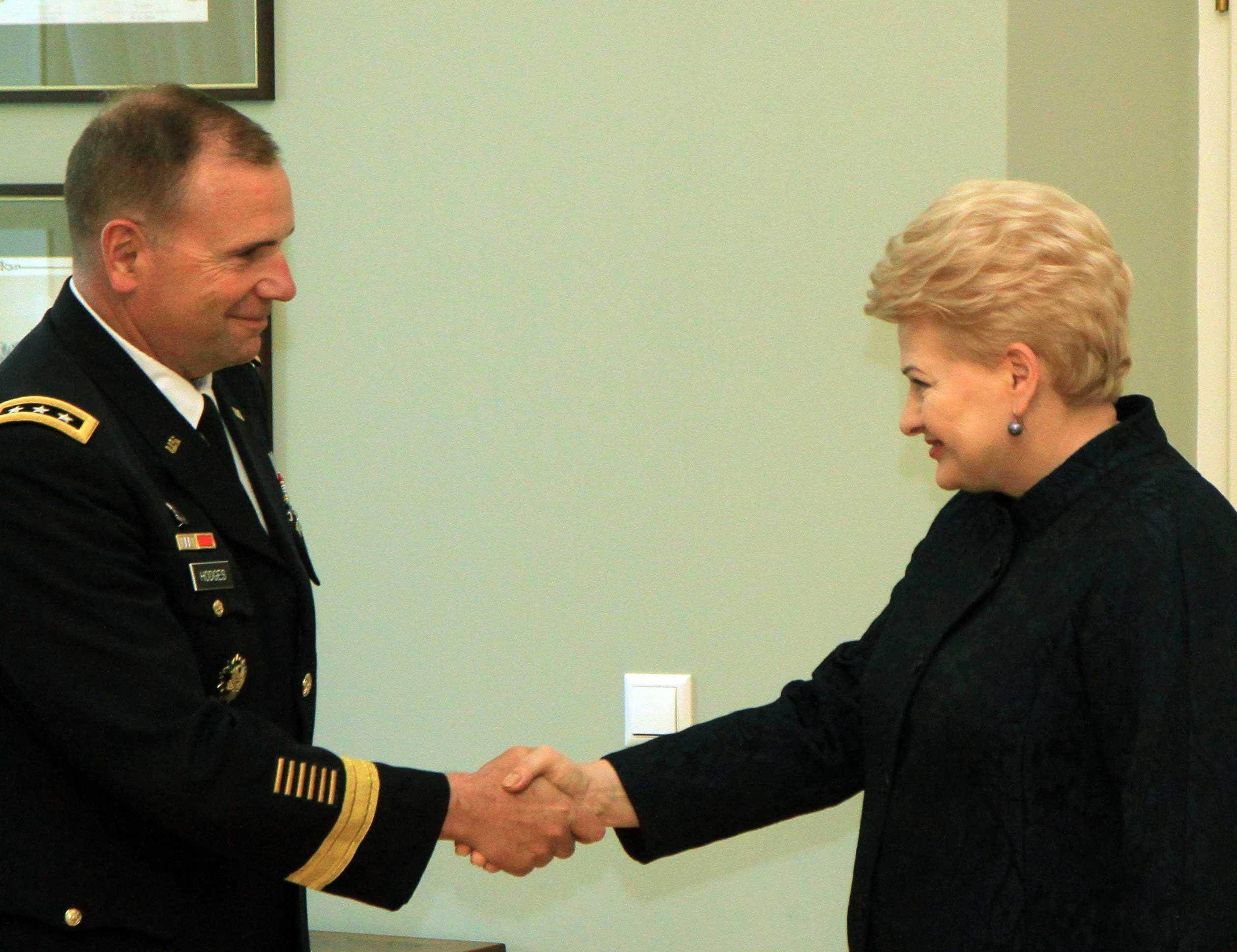
Moscow was probably behind interruptions in Latvia’s mobile communications network before Russia’s war games last month, in an apparent test of its cyber attack tools, Baltic and NATO officials said, based on early intelligence of the drills.
Russia is suspected of interrupting the mobile network along Latvia’s western coast for seven hours on Aug. 30, NATO diplomats and Latvian security officials said. A communications jammer aimed towards Sweden from Russia’s Baltic outpost Kaliningrad may have been used.
Latvian officials suspect Moscow targeted Latvia’s emergency services’ 112 hotline, which failed for the first time on Sept. 13, just before the most intensive phase of Russia’s biggest war games since 2013, known as Zapad, or West, the officials said.
“Russia appears to have switched on a mobile communications jammer in Kaliningrad, a very powerful one that wasn’t aimed at Latvia, but towards Gotland, the Aland Islands,” said Karlis Serzants, the deputy chairman of the Latvian parliament’s National Security Committee.
“One of the edges [of the beam] affected Latvia too,” he told Reuters after being briefed by Latvian intelligence.
The Russian Defence Ministry did not respond to a Reuters request for comment on the allegations. A Swedish defence ministry spokesperson said the ministry was not aware of any jamming attempt directed at Sweden.
The disruptions were minor compared with the hackers who disrupted multinational firms, ports and public services across the globe this year, officials said.
But broader NATO intelligence indicating that Russia put cyber at the heart of the Zapad drills and practiced using it as an offensive tool is a major concern.
It is also a step that not all European allies in NATO are ready to take, diplomats and military officials said. NATO has so far stressed that its cyber strategy is purely defensive.
They also underscore Russia’s ability to intercept or jam civilian networks “within a significant radius and with relative ease,” a NATO diplomat said, adding that Russian technological advances could carry risks for NATO communications and radars.
U.S. Army Lieutenant General Ben Hodges, who heads U.S. Army forces in Europe, said Russia had developed “a significant electronic warfare capability” over the past three years.
“A lot of this was on display during the [Zapad] exercises,” he told reporters, describing it as powerful, sophisticated and a sign of the progress Russia made in electronic warfare while NATO was fighting counter-insurgency campaigns in Afghanistan.